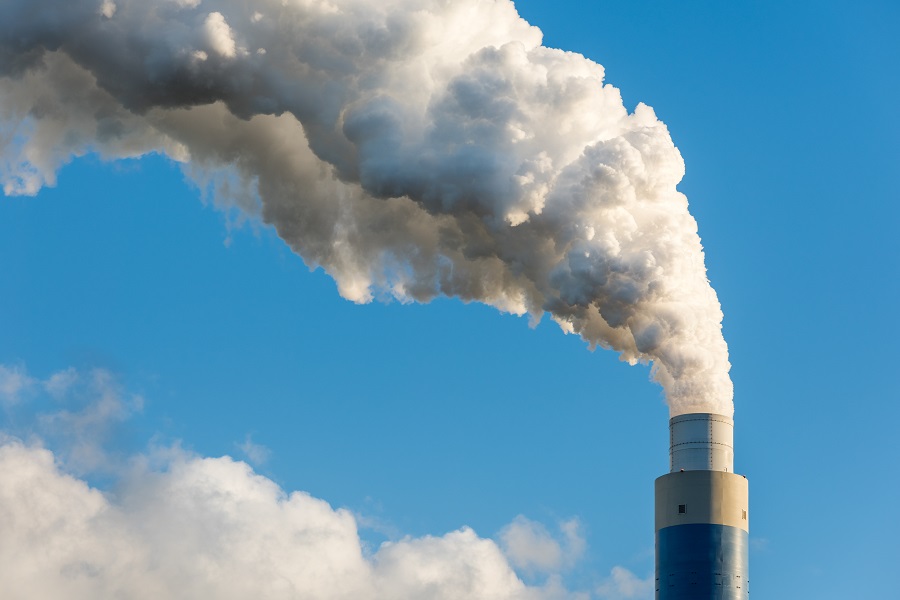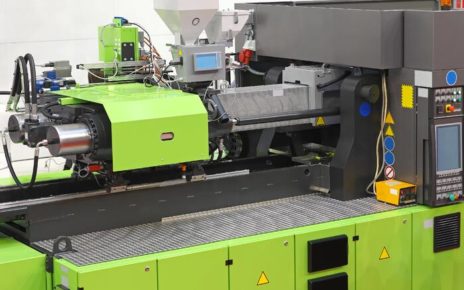Recycling consists of obtaining a new raw material or product, through a physicochemical or mechanical process, from products and materials that are already in disuse. In this way, we manage to extend the life cycle of a product, saving materials, processing PGM and benefiting the environment by generating less waste.
The simplest thing is to have a container that helps to separate the solid waste from the solid. It can have two holes, one to dispose of the solid waste, primarily inorganic, and another that carries the liquid to a separate tank.
This type of container is ideal for cafeterias, restaurants, fast food areas, cinemas and entertainment establishments, amusement parks, etc.
Among the benefits of recycling are:
- It reduces the volume of waste we generate in our homes, schools, and offices, saving space in landfills and landfills.
- Save significant amounts of non-renewable natural resources. Such as oil, natural gas, minerals, raw materials with which plastics are produced, and even trees.
- Reduces the consumption of drinking water since returnable containers require large amounts of this resource for washing
- Avoid CO2 emissions (greenhouse gases) into the atmosphere, helping to combat Climate Change.
- Save energy since manufacturing from recycled materials requires less.
- Avoid pollution in seas and oceans.
- Avoid urban problems such as visual pollution and clogged pipes and drains.
- The reuse of organic waste is of great importance to reduce the environmental impact generated by said waste.
Most of this waste comes from the agri-food industries, from homes and homes, or shops.
They can be divided into the following categories:
- Organic fraction (FO): formed by remains of food preparation or handling and processing of food products
- Vegetable fraction (VF): formed by small-sized, non-woody plant debris from gardening and pruning
- Pruning: made up of more extensive, woody-type gardening and pruning plant debris
What Treatment Can Be Given To This Waste?
- Composting: It is an aerobic biological process (with oxygen) that, under controlled ventilation, humidity, and temperature conditions, transforms degradable organic waste into a stable and sanitized product called compost, which can be used as organic fertilizer.
- Anaerobic digestion: Also called bio mechanization, it is a biological process that takes place in the absence of oxygen, in which part of the organic matter of organic waste is transformed, through the action of microorganisms, into a mixture of gases (biogas), consisting mainly of methane and carbon dioxide and other gases in small amounts.
The biogas generated can be considered a good fuel and help combustion and generate heat and electrical energy.
The containers for food and kitchen waste can be the best allies for proper separation of organic waste of any other residue and thus speed up recycling or reuse of each residue.




